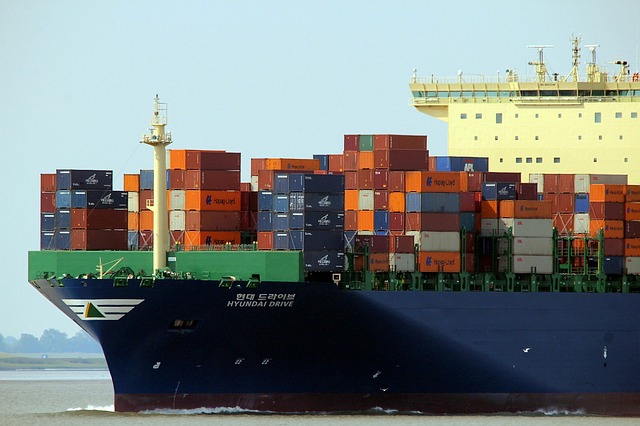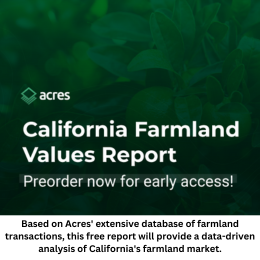February 8, 2019
UK-based Wheatsheaf Group, the investment unit of the Grosvenor Estate, has acquired a 90 percent stake in Purfresh, a provider of specialized climate control technology designed to reduce food waste during shipping.
Based in San Francisco, Purfresh reduces the risk of high-value cargo loss through the combination of controlled atmosphere and active atmosphere with ozone technology. Through this platform, Purfresh is able to delay ripening, reduce decay, extend the shelf-life of high-value crops, and reduce the presence of pathogens that can result in as many as one-in-fifteen food shipping containers being rejected at their destination port.
“Purfresh aligns very closely with our strategy of investing in companies that drive efficiencies in the food supply chain while also providing a tangible social benefit,” said Grahan Ransbottom, CEO, Wheatsheaf. “The technology is proven to increase food safety without the need for any harsh chemicals and reduce waste in the global shipping of perishable goods.”
Intellipur®, Purfresh’s proprietary cloud-based cargo monitoring software, gives the company’s customers the ability to have real-time visibility, and remote control of, the conditions within containers shipping various foods and commodities – an ability that is especially needed in the case of some of the more high-value or climatically fragile crops such as blueberries, avocados, and mangoes. However, it also offers technology that helps preserve non-climacteric fruit cargoes such as pineapples, grapes, and citrus.
A Critical Point
Solving issues associated with agricultural and food waste is becoming a more common theme among agtech and food tech startups and their investors, not only in the U.S., but in global markets, as the stakes of not doing so become increasingly critical.
This need is being addressed by startups and their investors along the entire food supply chain, as food waste is a challenge at every stage, from the farm level to end consumer.
Up to 40 percent of food produced, processed, and transported in the U.S. ends up never being eaten, according to Feeding America, and more food finds its way to landfills and incinerators than any other type of municipal solid waste. This loss represents a fiduciary hit of $218 billion to U.S. farmers, businesses, and consumers each year, according to ReFED, which also found that 20 billion pounds of food is lost at the farm level each year. Of this loss, the Natural Resource Defense Council estimates that between 10 and 30 percent is discarded due to its appearance.
In August of last year saw two notable investments: Swedish investment firm Kinnevik led a $12 million Series A for Karma, a tech company working to reduce food waste across Europe; and Full Harvest, an agtech platform providing a new food supply chain model to mitigate waste through a B2B marketplace providing end-to-end logistics solutions for surplus and imperfect food, announced it closed on $8.5 million in funding led by Spark Capital.
This was followed in October of last year by two more, when NBA All-Star Kevin Durant made an undisclosed investment in Imperfect Produce, a startup working to mitigate food waste by generating and fostering a market for cosmetically imperfect fruit and vegetables, and Boston-based Spoiler Alert, a tech platform that aids large-scale food manufacturers and wholesale distributors manage and control unsold inventory, announced it had secured a strategic investment from international logistics company, Maersk.
More recently, in January of this year, FoodMaven, a food waste mitigation technology platform that integrates both for-profit goals with an impact aspects, announced it has raised $10 million in capital through a round backed by Tao Capital and members of the Walton family, the founders of Walmart.
The growing demand by consumers for a more responsible, sustainable, and efficient food supply system is not only a driver for the development of novel agricultural and food technologies, but is also driving capital to the category.
“Wheatsheaf were the obvious partner to support Purfresh’s growth,” said Christian DeBlasio, CEO, Purfresh. “Wheatsheaf has committed significant funding to support a rapid roll out of our technology to meet growing customer demand.”
-Lynda Kiernan

Let GAI News inform your engagement in the agriculture sector.
GAI News provides crucial and timely news and insight to help you stay ahead of critical agricultural trends through free delivery of two weekly newsletters, Ag Investing Weekly and AgTech Intel.




